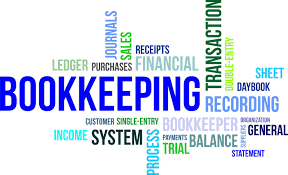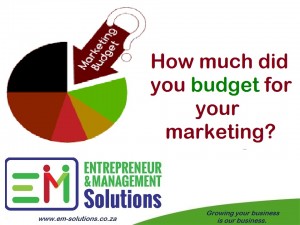The importance of good bookkeeping
As we begin a new tax year and new financial year for some here is a look at what good bookkeeping is and why it is important. Some have made mistakes in the past which may or may not have cost them financially but we need to correct them going forward to ensure we have a good bookkeeping system that is as efficient and appropriate as possible depending on the size of the entity.
What is the bookkeeping? It is the organisation and storage of accounting and financial information by a bookkeeper. It is of great importance that the information is accurately and diligently captured so it can show a true reflection of the entity’s financial performance for a given period. The purpose of bookkeeping is to collate all the financial transactions and business activities for a period and summarise it for various uses. These financial transactions are the true reflection of the entity’s performance and a guide as to whether strategies are working or not or if reviews need to be done. Shareholders will want to know how their investment is performing, Directors will want to know if the strategies in place are working and the list goes on. A bookkeeper will record all these daily financial transactions and this is key to any business.
From the bookkeeper, the information is sent to the Accountant who then is responsible for reporting on the financial position of the entity as well as managing cash flows of the entity. The information or reports from the Accountant are then used to reach decisions on how to manage the business, invest in it or borrow money for future business deals. This information can then be audited if the entity opts for an auditor if it is statutory to get audited financials.




 Budget for marketing in businesses is not a one-size-fits-all. Hence many businesses find it difficult to allocate their budget and know just how much should go towards marketing. The thing is, not all businesses are the same. They all represent different industries and their turnovers are different. So is their marketing and audience.
Budget for marketing in businesses is not a one-size-fits-all. Hence many businesses find it difficult to allocate their budget and know just how much should go towards marketing. The thing is, not all businesses are the same. They all represent different industries and their turnovers are different. So is their marketing and audience.